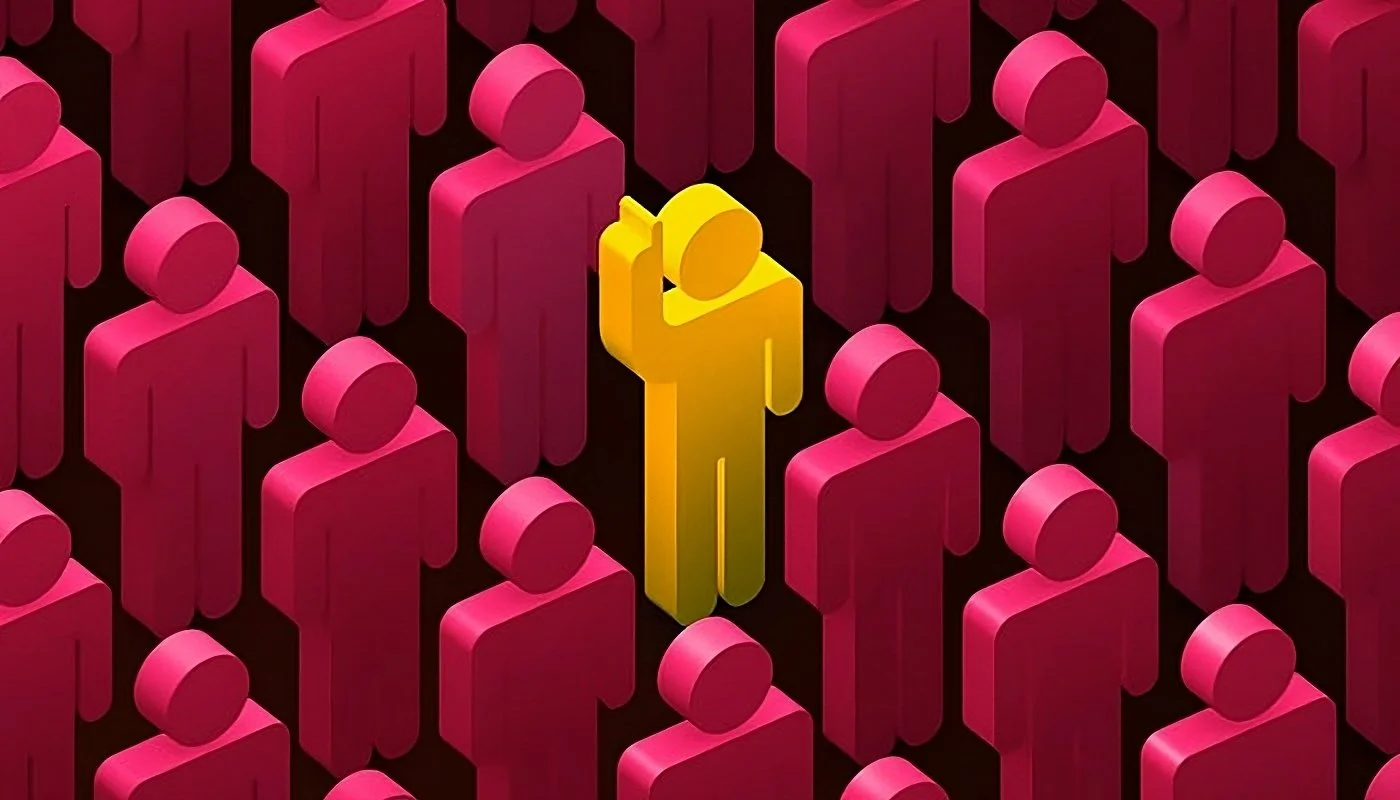A few years ago I was walking toward the entrance of a Giant grocery store when I heard cries for help. I looked at all the people nearby to see who could be calling out. No one seemed to be in need of help, and no one seemed to be alarmed by the cries for help either. Looking past the passive faces of the passersby I finally found the source of the supplicant. A woman had fallen out of her tipped-over wheelchair. She was lying on the ground unable to move. She was a few feet away from the entrance of the store and somewhat hidden from view behind a stand of hanging flower baskets. I noticed a woman quite nearby selecting a hanging flower basket from the stand.
I quickly ran to the aid of the woman on the ground to see how I could help. She had cut her head in the fall, so I called 911 and waited with her until the medics arrived. While waiting with her I watched the woman who had been choosing a hanging flower basket. She glanced toward us briefly and continued on as if nothing had happened.
It was a surprising experience that has stuck with me all these years. Why did the woman, who was so close by, choose to ignore the plea for help? Why didn’t the other passersby investigate the calls for help? What were people thinking?!
What I had experienced was the bystander effect, or, the Genovese Effect as it has come to be known. Social psychologists Bibb Latane and John Darley popularized the concept following the Kitty Genovese murder in New York City in 1964. As Genovese was stabbed to death outside her apartment, neighbors failed to help her or even call the police. Latane and Darley described the bystander effect as one in which there is a “diffusion of responsibility, (onlookers are less likely to intervene if there are others who seem likely to do so) and social influence (individuals monitor the behavior of those around them to determine how to react)”. In a nutshell - it is a failure to take responsibility.
In Parshat Bereishit, the beginning of our guide to Torah values and behavior, we learn about the very human predisposition to not take responsibility - in two instances. First Adam and Eve, after committing the sin of eating from the forbidden tree attempt to absolve themselves of personal responsibility, blaming G-d, each other, and the serpent. Then we learn that Cain murdered his brother, did not even deny the act, but rather asked why he should be concerned about it; “Am I my brother’s keeper?” He absolved himself of moral responsibility.
Later in the Torah we learn about the incident in which Moshe witnessed the beating of of an Israelite slave by an Egyptian officer. Moshe strikes and kills the Egyptian officer, but not before “looking this way and that and saw no one.” It would be easy to interpret this text as Moshe checking that no one would witness the murderous action he was about to take. However, the sages teach us that in fact Moshe was looking to see if any of the many people around the building site would take action, and when no one did, he saw it as his responsibility.
In Pirkei Avot (Ethics of our Fathers) the verse “You are not obligated to complete the work, but neither are you free to desist from it “(2:22) is a further reminder of our obligation to take responsibility for others, for ourselves and for the community.
Sulam is an organization that wholeheartedly believes in taking responsibility for the children in our community who need support to maintain their right to be included. It is a behemoth undertaking. In order for Sulam to provide the excellent services that our students receive, we must rely on our community, our parents, our schools and our donors to be active and responsible participants. No one is absolved from the responsibility.
As the year begins, and our cycle of Torah instruction restarts, it is my hope that anyone everyone who has been touched by Sulam will commit themselves to a year of action and responsibility, in the forms of time, finances, positive messaging and advocacy.
In Rabbi Jonathan Sack’s words: “The responsible life is a life that responds. . .”
We must listen to the voice of “G-d calling on us to make this a more just and gracious world.”

